EDIT:
In the answer by Reroute (thank you, Reroute!), he references a very active 253 page EEVblog topic -- $20 LCR ESR Transistor checker project that probably includes exactly what I am seeking. I googled upgrade accuracy precision in the blog, and it looks like this information exists. If any of you electrical engineers have found out an answer to this quesion because you've worked on this actual open source project, I sure would like to hear it. Examples of found text that looks like this is a real question and answerable are below:
...the more accurate the resistor, the more accurate the calibration.
I will accept any answer where you have specifically been active on this referenced blog, or this open source project, and tried out something and it improved the precision of any readings.
Lacking someone with actual experience with this actual (or derivative) project, I will eventually accept an answer done by research alone.
Awhile ago I purchased one of these kits and then fried it by adding one too many AA's in an attempt to replace the 9-volt so the battery would last longer:
I just bought another one because I liked it so much, and was hoping to change a voltage reference / regulator and/or change out some resistors or other components for more accurate ones. A friend of mine told me this is an open source project, but no documentation came with this product, and I couldn't find it. I think this is some kind of Arduino, and there is a seemingly infinite body of knowledge to search as soon as you type in "Arduino". Does anybody know how to modify this to improve it? In particular, I am interested in a relatively inexpensive inductance + ESR tester for my students for some classes I am planning. I want something they can use, and I would like to give them decent quality. (If you know something better and affordable by hobbyists/kids/students, please also let me know). Thanks ahead of time. Below is the circuit board itself (again, from the link given earlier):

